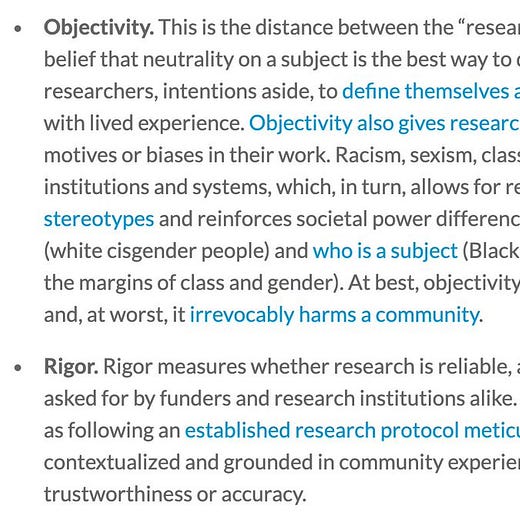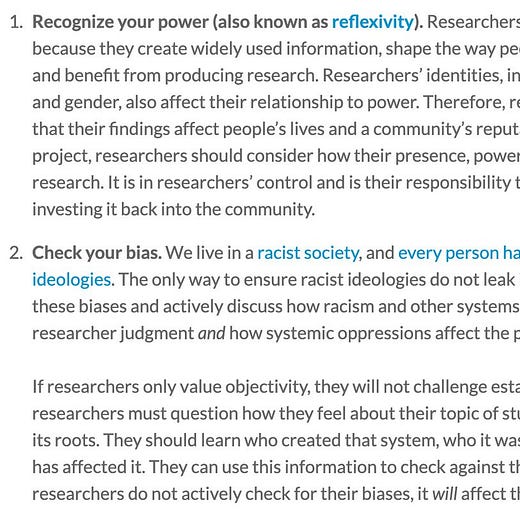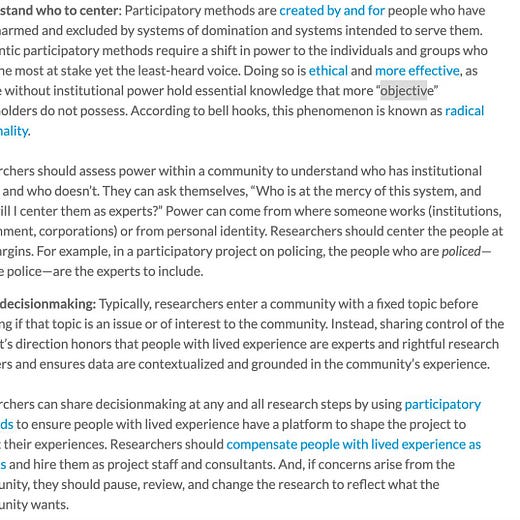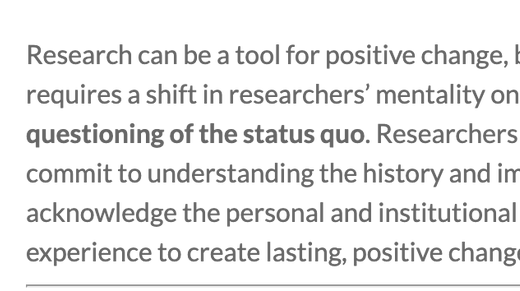E-Pluribus | September 22, 2021
Making the culture war about culture, the rule of law prevails in the Senate, and gender extremism.
A round up of the latest and best writing and musings on the rise of illiberalism in the public discourse:
Robert Tracinski: Put the "Culture" Back in the Culture War
“Culture” in the term “culture war” often seems to connote “stuff we like” versus “stuff they like.” At Symposium, Robert Tracinski asserts that culture should have a deeper and less flexible definition to make what we are fighting for truly worthwhile: art, literature and ideas that have withstood the scrutiny of centuries and millennia; timeless truths that transcend the vagaries of any single era.
Making our intellectual world flatter, duller, narrower, more one-dimensional and dogmatic is a culture war only in the sense of being a war against culture.
The battle fought by Allan Bloom and others when I was young is the only real culture war, and culture lost. To see that, you need only look at the equally flat and narrow obsessions of today’s conservative culture warriors, who spend their lives scanning social media for the latest petty outrage, or trolling on it to create a petty outrage of their own. At best, they defend a caricatured, fantasy version of what they imagine to be “traditional” culture.
Yet this is a battle that can never really be lost. Great ideas and great art have weathered centuries and millennia and survived through much darker ages than this one. They are still available for study and they offer to the curious and independent the reward of “stunning new vistas.”
Read it all.
Nate Hochman: Amnesty Loses to the Rule of Law
Regardless of the merits of immigration and the partisan and ideological policy differences that exist, Nate Hochman writes at National Review that the Senate parliamentarian’s decision that a budget-reconciliation bill is not the appropriate place for sweeping immigration changes is a win for the rule of law. Hochman argues that a pathway to citizens for 8 million people is far from “incidental” and should require the full legislative process.
More to the point, the failure of the Democrats’ amnesty package is a win for the rule of law. There are few things more foundational to republican self-government than the integrity of the polity itself. It is impossible to sustain a nation with no clear, widely understood definition of what that nation is; political liberty cannot last for long in the face of the breakdown of civic friendship, which proceeds from uncontrolled immigration’s degradation of the very idea of citizenship itself. Our collective loyalties, shared loves, and mutual commitments come by virtue of our understanding that we belong to the same home. But that sense of belonging is impossible unless we are able to know where our home begins and ends.
Amnesty undermines all of that. Our entire immigration system, which runs on a laughably porous set of enforcement mechanisms punctuated by spasmodic efforts at citizenship for millions of illegal residents, is an affront to the principle of national sovereignty from start to finish. But the periodic (and often bipartisan) mass-amnesty pushes are the most blatant of all of these offenses, enshrining and widening the disconnect between the American people and their ostensible representatives in the ruling elite. An immigration regime that relies on capriciously awarding citizenship for the feat of illegally entering and residing in our country is an inversion of justice, rewarding lawlessness and punishing merit. Even more fundamentally, it is a radical rejection of democratic self-determination, robbing the nation’s citizens of the sacrosanct right to determine who joins their political community.
Read the whole thing.
Allan Stratton: The Progressive Case for Renouncing Gender Extremism: Last of a Three-Part Series
To hear many LGBT activists tell you, one would think that all objections to the transgender rights cause come from conservatives. However, Allan Stratton at Quillette writes in part 3 of his series The Progressive Case for Renouncing Gender Extremism that subjugating other legitimate rights and concerns to those of the trans community is anything but progressive.
As I’ve argued elsewhere in this essay series, developing a sense of empathy is a critical component of any campaign to promote equality rights. For instance, many trans women understandably seek access to women’s spaces because of the risk that they will face humiliation, or even violence, in men’s spaces. That’s a valid and compelling basis for attracting sympathy and political support.
But many women have legitimate privacy and security concerns in regard to predatory opportunists who insincerely claim to be trans. And these women, too, deserve sympathy and support. For activists to pretend that testosterone doesn’t affect our bodies and behaviours over our lifetimes is disingenuous. Biological men, as a class, are bigger, stronger, and more aggressive than women—a surfeit of aggression that, ironically, is often demonstrated through the vicious, threatening nature of extreme trans advocates’ social-media behaviour. Indeed, it is telling that nobody focuses much on trans men being integrated into male spaces. This asymmetry reflects the fact that the safety concerns expressed by so-called “gender critical” feminists (often disparaged as “TERFs” on social media) are rooted in real sex differences, not transphobia.
[…]
To repeat a theme, it isn’t just the substance of this discussion, but also the tenor, that puts the moral capital of LGBT activists at risk. The case for trans rights often is made in apocalyptic terms. This includes the suggestion that any failure to embrace a policy of unfettered self-identification will serve to metaphorically exterminate trans individuals as humans—to “deny their right to exist,” as the stock expression goes.
But no one is missing the double standard at play here, as the feelings of women are mocked and invalidated if they do not align with activists’ expectations. That includes women who’ve been sexually assaulted, and, like men molested as boys, carry that trauma throughout their lives. To present this trauma as a vestige of bigotry is not only false, but utterly cruel—not to mention deeply hypocritical, given that social justice activists claim to support and centre trauma survivors.
Read it all here.
Around Twitter
Some disturbing results from the Foundation for Individual Rights in Education’s annual free speech survey of college students:
Various reactions to a document put out by The Urban Institute that says “Harmful values and practices include… objectivity [and] rigor…”:
(Click through for entire thread for the following tweet.)
Finally, Thomas Chatterton Williams on cancel culture skepticism:
















